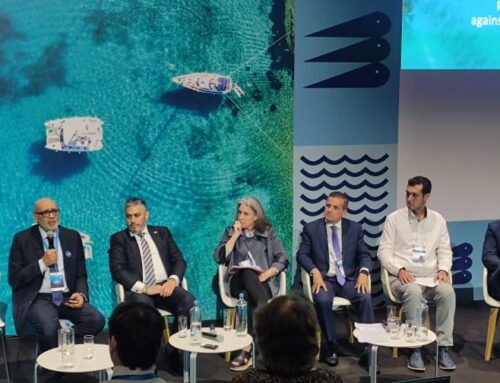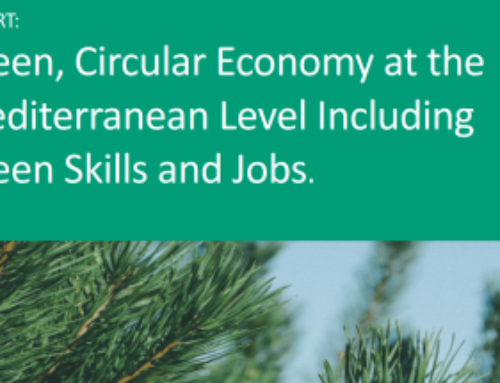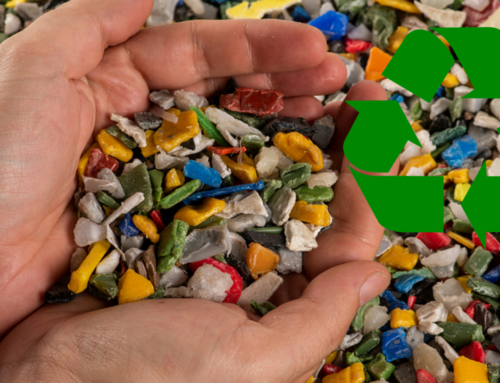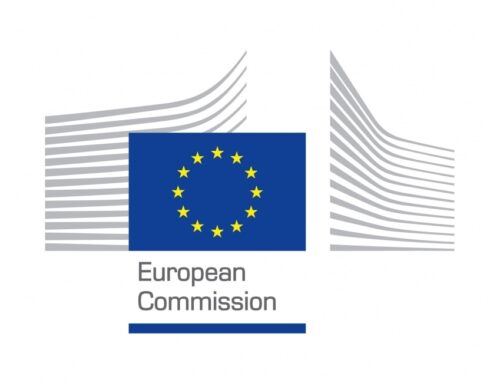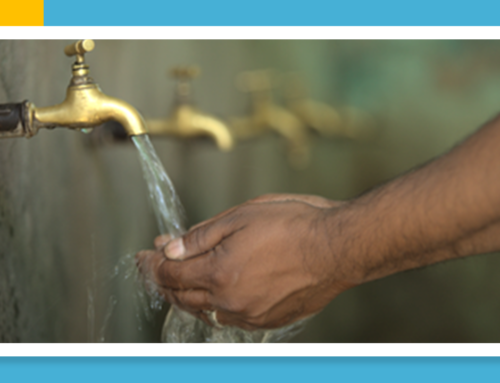Marine litter is globally acknowledged as a major societal challenge of our time because of its significant environmental, economic, social, political and cultural implications. Morocco, as all Mediterranean countries, is affected by marine litter, with negative impacts on coastal and marine ecosystems and on people’s livelihoods and well-being.
The root causes of marine litter in the Mediterranean are the same as anywhere else in the world: a combination of unsustainable modes of production and consumption, irresponsible behaviour by individuals and economic sectors as well as a fragmented understanding of the problem due to lack of data adapted to needs, lack of adequate political and legislative frameworks and poor application of existing frameworks, weak solid waste management practices and misconceptions about possible solutions. In order to address these issues, the EU funded Water and Environment project (WES) has just started to support the implementation of the relevant obligations and measures of the Regional Plan for Marine Litter Management in the Mediterranean and the Integrated Monitoring and Assessment Programme of the Barcelona Convention.
According to the WES Team Leader Professor Michael Scoullos, marine litter quantities have increased tenfold in the last decades and have become a critical issue to address. “Morocco has already taken many measures to prevent marine litter and we are pleased to support Morocco in assessing the quantities and sources of marine litter and in setting up a monitoring programme. Through comprehensive monitoring we will be able to facilitate appropriate decision-aking” Professor Scoullos said during the online kick-off meeting of this project which was organised earlier this week by WES in collaboration with the Ministry of Environment and the EU Delegation to Morocco.
During the meeting, Mr. Rachid Firadi, Director of Cooperation, Partnership and Communication, Department of Environment of the Ministry of Energy, Mines and Environment thanked the EU for the support to this project. “We have a long-standing partnership with the EU and just concluded the partnership talks a few weeks ago. For this topic, we have dedicated targets and specific objectives and it is high on our priority list. In Morocco we are already working hard to combat marine litter. There is a law on coastal zones through which we fulfill our commitment to the Barcelona Convention. We, therefore, will make sure that this WES activity will be fully integrated into the programme undertaken in this field.”
Expert Thomais Vlachogianni from the WES consortium partner MIO-ECSDE, who will lead this activity, said that ultimately this project will support Morocco to achieve the commitments laid down in the Regional Plan for Marine Litter Management and the Integrated Monitoring and Assessment Programme of the Barcelona Convention. It will generate fit-for-purpose data on the amounts, types, composition and sources of marine litter on the sea surface and sea floor. These data will then be used to identify and prioritise marine litter mitigation measures to be included in the Moroccan management plan for reducing marine litter.


